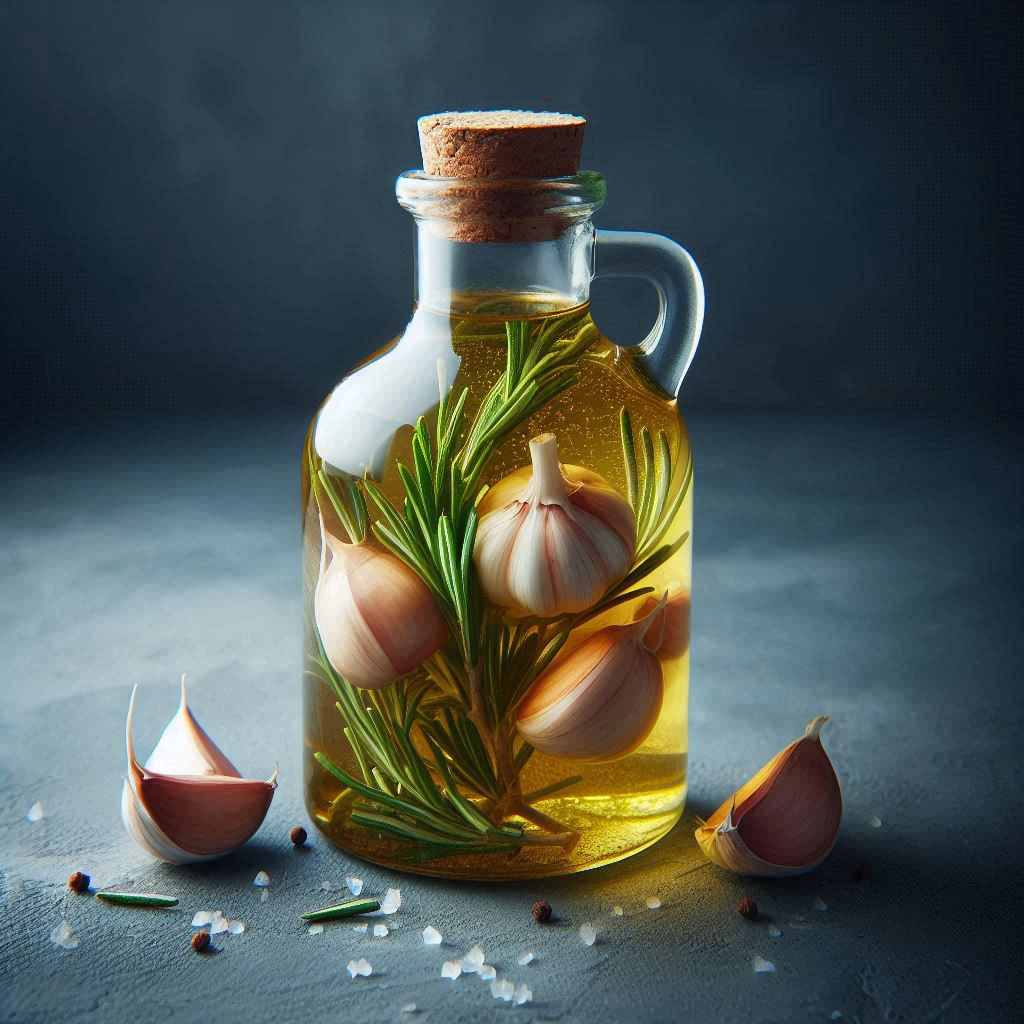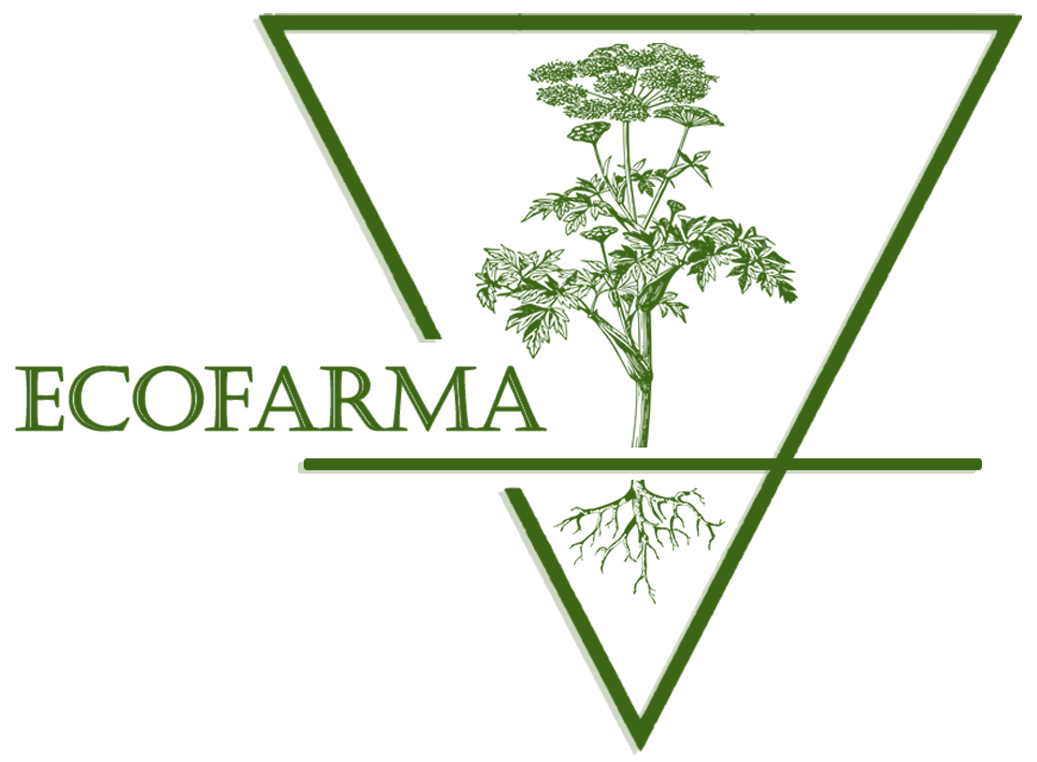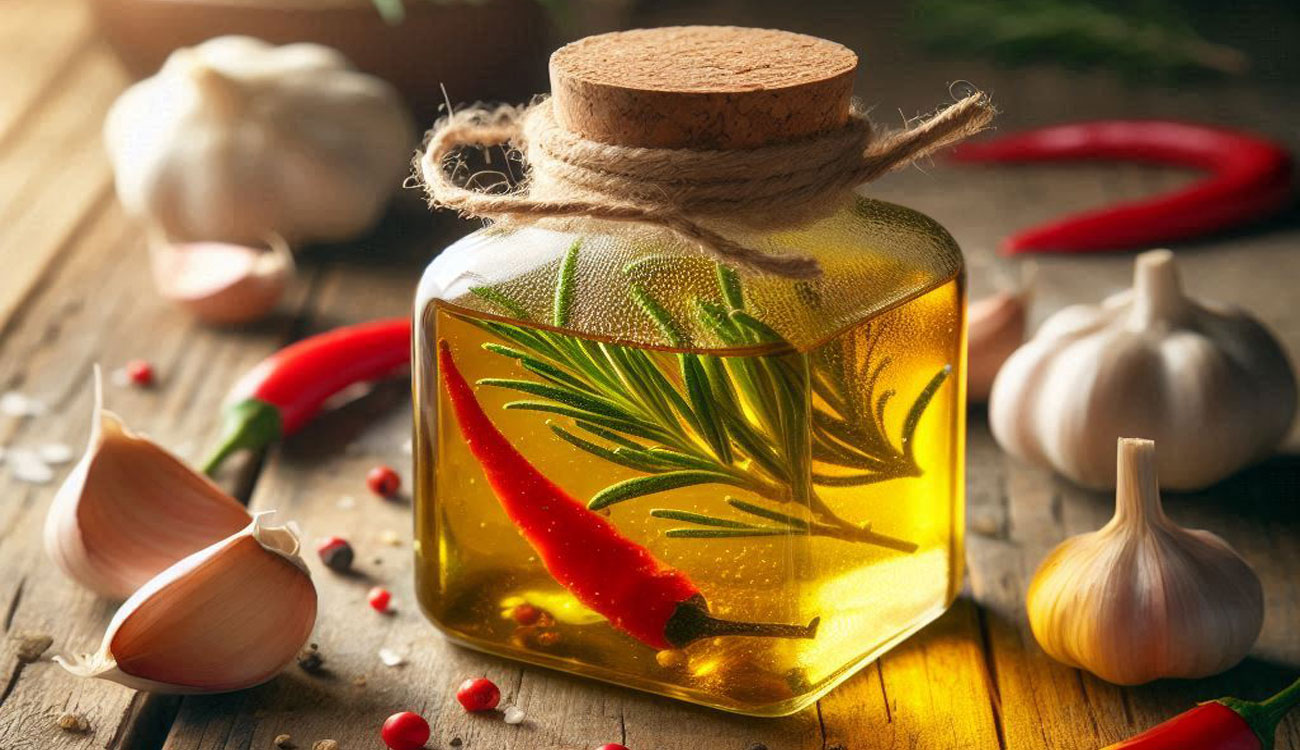Garlic oil is a potent extract derived from garlic, renowned for its health benefits and versatile applications. In this article, we will explore the different types of garlic oil, its culinary uses, its role in agriculture and animal feed, its safety, and potential side effects. This comprehensive guide will provide you with a thorough understanding of garlic oil and its myriad benefits.
Types of Garlic Oil
Garlic oil comes in various forms, each with its unique properties and uses. The primary types include:
1. Essential Garlic Oil
Essential garlic oil is produced through steam distillation of crushed garlic cloves. This process extracts the volatile compounds, resulting in a highly concentrated oil. Essential garlic oil is potent and used in small quantities, primarily for therapeutic purposes due to its strong antimicrobial and anti-inflammatory properties.
2. Infused Garlic Oil
Infused garlic oil is made by soaking crushed garlic cloves in a carrier oil, such as olive oil or sunflower oil. The oil absorbs the flavors and beneficial compounds from the garlic over time. Infused garlic oil is less concentrated than essential garlic oil and is commonly used in cooking to add a rich garlic flavor to dishes.
3. Cold-Pressed Garlic Oil
Cold-pressed garlic oil is extracted using a mechanical process that presses garlic cloves to release their oils. This method preserves more of the natural compounds and nutrients found in garlic, resulting in a high-quality oil suitable for both culinary and medicinal uses.

Can You Cook with Garlic Oil?
Yes, you can cook with garlic oil, and it is a fantastic way to impart a rich garlic flavor to your dishes without the need for fresh garlic. Here are some ways to use garlic oil in cooking:
Sautéing and Stir-Frying
Garlic oil can be used as a base for sautéing vegetables, meats, or seafood. It adds a delightful garlic aroma and flavor to the dish, enhancing the overall taste.
Salad Dressings
Incorporate garlic oil into salad dressings for a flavorful twist. It pairs well with vinegar, lemon juice, and herbs to create a delicious dressing.
Marinades
Use garlic oil in marinades for meats and vegetables. The oil helps tenderize the meat while infusing it with a deep garlic flavor.
Roasting
Drizzle garlic oil over vegetables or bread before roasting to add a savory garlic taste.
Dipping Sauce
Garlic oil can be served as a dipping sauce for bread, often paired with balsamic vinegar for a simple yet tasty appetizer.

Garlic Oil in Feed Additives
Garlic oil is increasingly being used as an additive in animal feed, thanks to its numerous health benefits for livestock. The key advantages of incorporating garlic oil in animal feed include:
- Antimicrobial Properties: Garlic oil’s natural antimicrobial properties help protect livestock from bacterial, viral, and fungal infections, promoting overall health and reducing the need for antibiotics.
- Improved Digestion: Garlic oil aids in digestion and nutrient absorption in animals, leading to better growth and productivity.
- Immune Support: The immune-boosting properties of garlic oil enhance the animals’ ability to fight off diseases, reducing mortality rates and improving herd health.
- Pest Repellent: Garlic oil acts as a natural insect repellent, helping to keep pests away from livestock, thereby reducing the risk of diseases spread by insects.
Is Garlic Oil Useful for Agriculture?
Yes, garlic oil is beneficial for agriculture in several ways. It is used as a natural pesticide and fungicide, offering an eco-friendly alternative to chemical treatments. Here are some of the agricultural uses of garlic oil:
- Natural Pesticide: Garlic oil can repel a variety of pests, including aphids, beetles, and caterpillars. It disrupts the feeding and reproduction of these pests, reducing their populations and protecting crops.
- Fungicide: The antifungal properties of garlic oil help prevent and control fungal infections in plants, such as powdery mildew and downy mildew.
- Soil Health: Garlic oil can be used to treat soil-borne pathogens, improving soil health and promoting robust plant growth.
- Organic Farming: Garlic oil is a valuable tool in organic farming, where synthetic pesticides and fungicides are not permitted. It provides a natural way to protect crops and maintain sustainable farming practices.
Does Garlic Oil Taste Like Garlic?
Yes, garlic oil does taste like garlic, though the intensity of the flavor can vary depending on the type of garlic oil and its concentration. Infused garlic oil has a milder, more subtle garlic flavor compared to essential garlic oil, which is highly concentrated and pungent. The taste of garlic oil can enhance a wide range of dishes, adding a rich and aromatic garlic essence without the need to chop or crush fresh garlic. This makes it a convenient and flavorful ingredient in the kitchen.
Is It Safe to Eat Garlic Oil?
Garlic oil is generally safe to eat when prepared and stored correctly. However, there are some important considerations to keep in mind:
- Proper Preparation: Ensure that garlic oil is made using fresh, high-quality garlic and clean, uncontaminated oil. If making infused garlic oil at home, follow proper hygiene practices to avoid contamination.
- Storage: Store garlic oil in a cool, dark place, preferably in a glass container. Refrigeration can extend its shelf life and prevent spoilage. Homemade garlic oil should be used within a week to avoid the risk of botulism, a rare but serious illness caused by bacteria that can grow in improperly stored garlic oil. 3. Moderation: Use garlic oil in moderation. While it is safe to consume, it is highly concentrated, and a little goes a long way in adding flavor to your dishes.
Does Garlic Oil Have Side Effects?
While garlic oil offers many health benefits, it can also have side effects, especially when consumed in large amounts or by individuals with certain health conditions. Some potential side effects include:
- Digestive Issues: Consuming large amounts of garlic oil can cause digestive discomfort, including stomach pain, bloating, and diarrhea.
- Allergic Reactions: Some people may be allergic to garlic or garlic oil, experiencing symptoms such as skin rashes, itching, and respiratory issues. If you have a known garlic allergy, avoid using garlic oil.
- Blood Thinning: Garlic oil has natural blood-thinning properties, which can be beneficial for cardiovascular health. However, it may interact with blood-thinning medications, increasing the risk of bleeding. Consult with a healthcare provider before using garlic oil if you are on such medications.
- Skin Irritation: Topical application of concentrated garlic oil can cause skin irritation or burns, especially in sensitive individuals. Always dilute garlic oil with a carrier oil before applying it to the skin.
Garlic oil is a versatile and potent extract with a wide range of applications, from culinary uses to agricultural benefits. It comes in different forms, each offering unique properties and uses. Cooking with garlic oil can enhance the flavor of dishes, while its inclusion in animal feed and agriculture offers significant health and environmental benefits. While garlic oil is generally safe to consume and use, it is important to follow proper preparation and storage guidelines to avoid potential risks. Understanding the potential side effects can help you use garlic oil safely and effectively. Whether you are looking to add a burst of flavor to your meals or seeking natural solutions for health and agriculture, garlic oil is a valuable addition to your pantry and toolkit. With its rich history and proven benefits, garlic oil continues to be a cherished and beneficial product across various domains.








Leave a comment